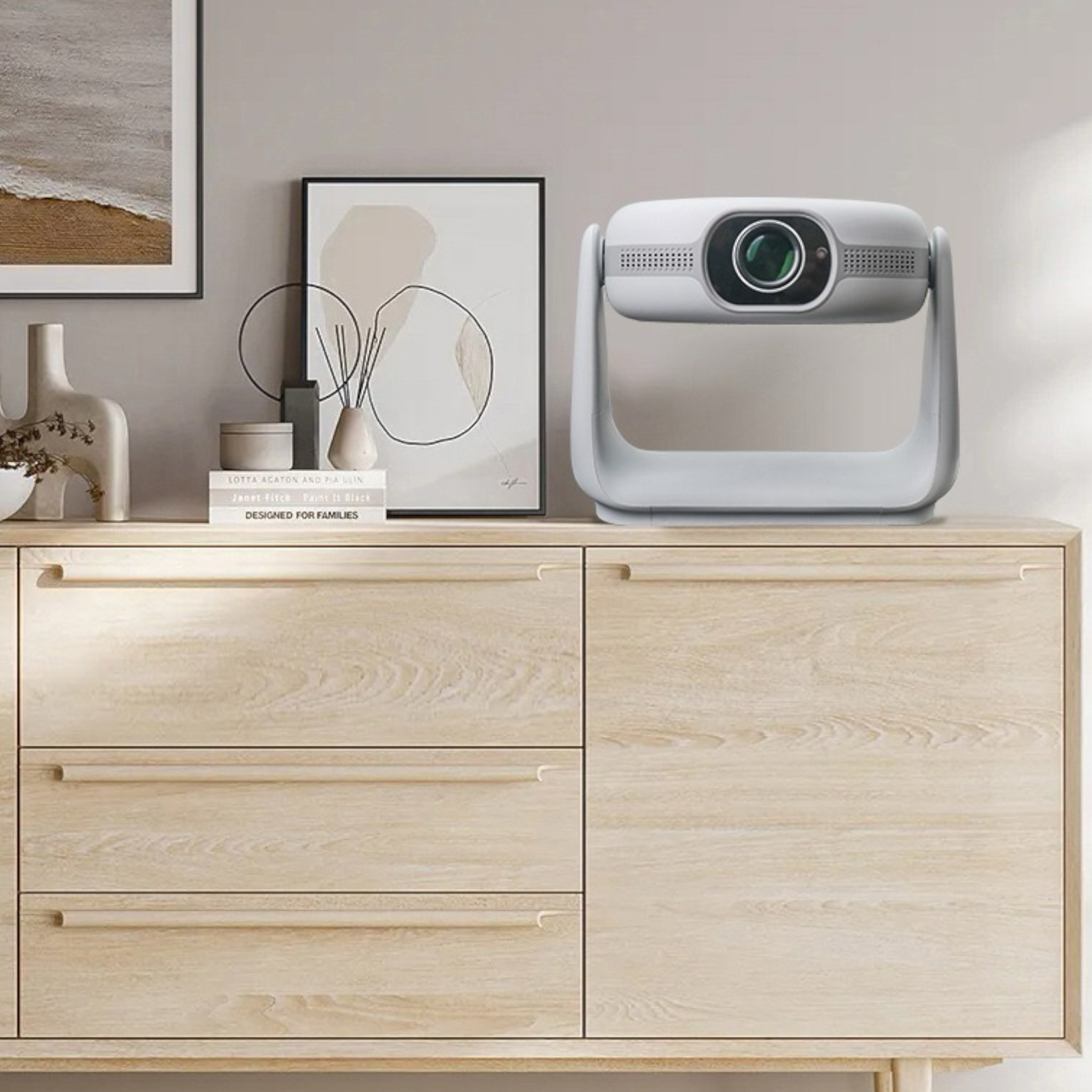Understanding some technical terms is essential when choosing a projector.
1. Brightness - Lumens:
A lumen is a unit of brightness measurement, determining the amount of light emitted by the projector.
The higher the number of lumens, the brighter the image will be.
It is recommended to opt for a projector with a brightness of at least 2000-3000 lumens for a clear and bright image.
2. Projection Technologies – DLP vs. LCD:
There are different projection technologies to consider.
DLP (Digital Light Processing) uses micro-mirrors to project the image, often providing better contrast and generally being more compact.
LCD (Liquid Crystal Display) uses liquid crystals and provides better color reproduction.
Choosing between DLP and LCD depends on your preferences for contrast and color reproduction.
3. Resolution:
Resolution is a key element in ensuring optimal image quality.
Native resolution refers to the maximum resolution the projector can project.
Full-HD projectors offer a resolution of 1920x1080 pixels, ideal for movies and games.
For even better image quality, a UHD (Ultra-HD) video projector with a resolution of 3840x2160 pixels can be considered.
4. Contrast Ratio:
The contrast ratio is crucial for a dynamic image.
It determines the difference between the darkest and lightest parts of the projected image.
A high contrast ratio of at least 10,000:1 ensures deep blacks and a more dynamic image.
5. Projection Distance:
The projection distance plays an important role in the choice of video projector.
Some projectors offer greater flexibility when it comes to projection distance.
Others are designed for a short focal length, allowing a large image to be projected even at a relatively close distance from the screen.
6. Connectivity:
Connectivity is an essential aspect to consider when choosing a projector.
Check out the different options available, including HDMI, VGA, and USB ports, to connect various peripherals.
Some projectors also offer wireless connectivity, such as Bluetooth or Wi-Fi, making it easy to share content from other devices.
7. Size and Portability:
The size and portability of the projector are important considerations.
If you plan to move the projector from room to room frequently, opt for a compact and lightweight model.
Some projectors even come with a built-in battery, making them completely portable and ideal for outdoor use.
8. Specific Needs:
Finally, it is crucial to consider your specific viewing needs.
If you're looking for an immersive home theater experience, opt for a home theater projector that can project a large image with excellent picture and sound quality.
On the other hand, if the projector is intended primarily for presentations or video games, a portable projector with built-in speakers and easy connectivity may be more suitable for your needs.
In conclusion :
Choosing the right projector for your home requires an in-depth analysis of different technical characteristics such as brightness, resolution, contrast and connectivity.
It's also important to consider your specific viewing needs, as well as the size and portability of the projector.
By doing thorough research and comparing the different options available, you can find the perfect projector to create your own home theater experience.

